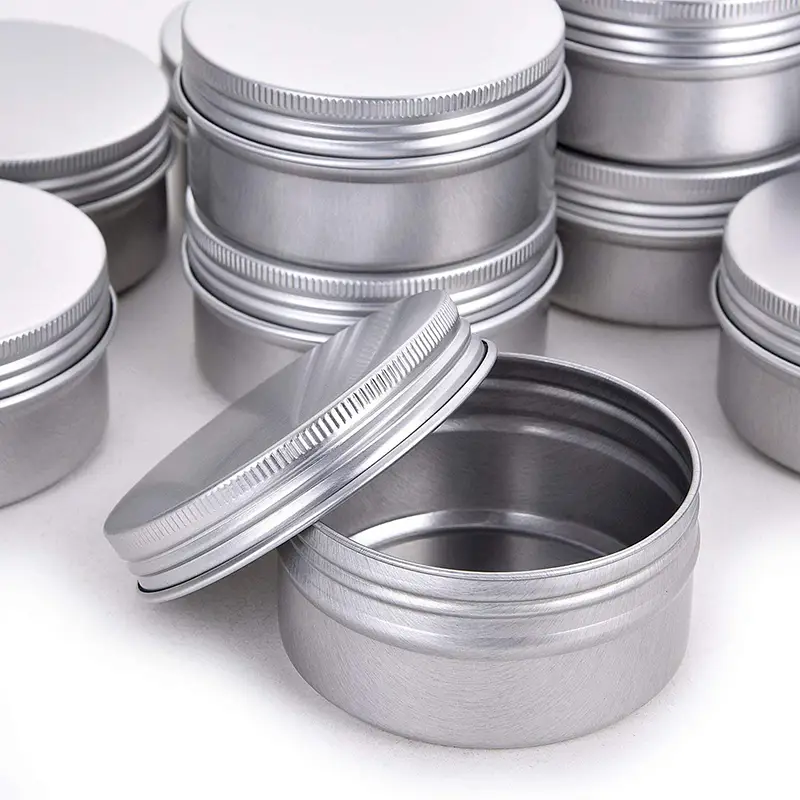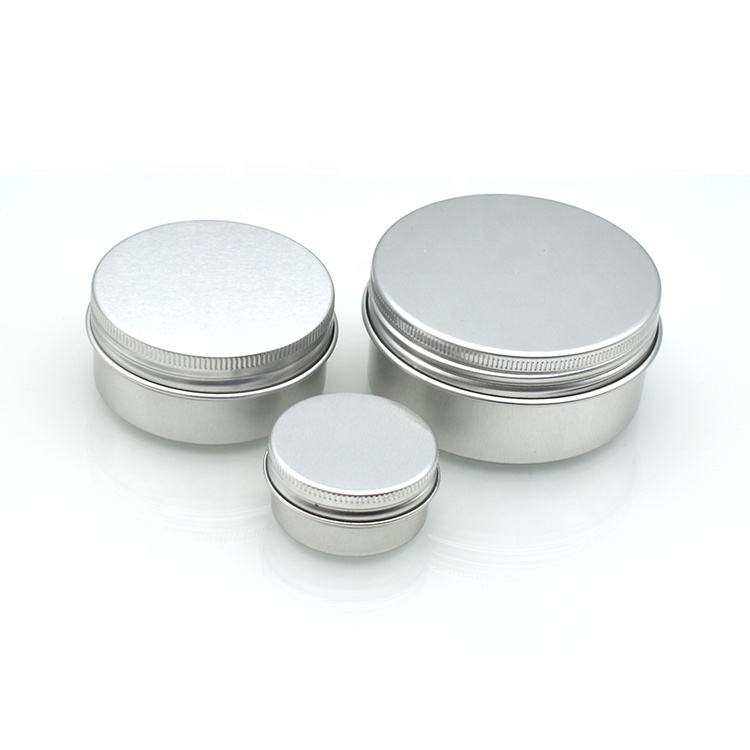Aluminum as a substitute for glass bottles has been inching its way into the consumer experience in the last few years, most notably in the US in the form of beer bottles from Anheuser-Busch and Iron City Beer, a popular regional brand founded in Pittsburgh. Coca-cola has also announced plans to roll out aluminum bottles in this country, though only in limited venues.
Now our Aluminum Package has developed a lighter, resealable aluminum bottle that it hopes will replace glass bottles for many beverages, including wine.
Weighing Renewability
Shining Shining Aluminum Package uses a manufacturing process, DWI, or “drawn wall ironed,” which uses substantially less metal than impact extrusion, a more common method. The company claims that the low weight of their bottle, 20 grams (.75 oz), compared to 180-200 grams for glass, markedly decreases its carbon footprint, in the form of lower manufacturing and distribution costs.
But there are many factors to consider when determining environmental impact. As Slate explained in an article for St. Patrick’s Day, while aluminum may be lighter than glass, aluminum takes more energy to extract from the ground and to manufacture. Bauxite mines, which produce the raw ore for aluminum, have also been involved in environmental controversies.
On the other hand, about 45 percent of aluminum bottles are recycled, versus a mere 25 percent for glass bottles. And most aluminum bottles have more recycled material than glass bottles. In fact, two thirds of the aluminum ever produced is still in use today.
The conclusion? Locally bottled beers are best served in glass, especially if your town has a strong glass recycling program. On the other hand, if you drink ales that hail from across state or national borders, aluminum bottles are the way to go. Presumably this applies to the slightly heavier aluminum bottles, if and when they arrive in bars and supermarkets en masse.

